
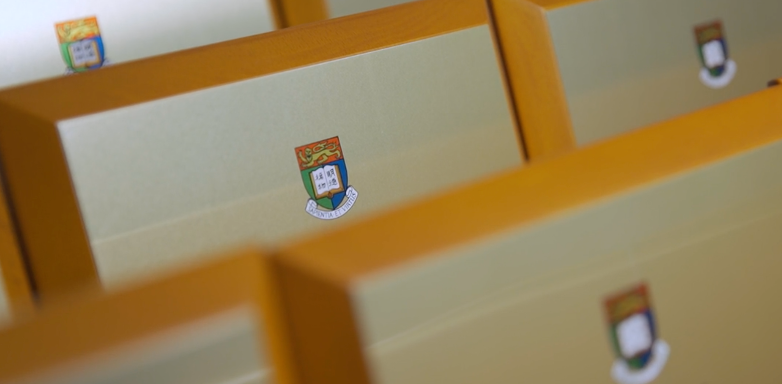
{{'Newsletter' | t}}
Dr Carmen Wong – Advancing the Frontier of Cancer Research

Dr Carmen Wong obtained a PhD degree in Cancer Biology from HKU, with her PhD study bringing her best PhD thesis awards and the Hong Kong Young Scientist Award. After her PhD study, she was awarded the Croucher Foundation Fellowship to receive her postdoctoral training under the Nobel Laureate, Professor Gregg Semenza, at the Johns Hopkins University, USA.
Dr Wong has been dedicated to studying the metabolic reprogramming and hypoxic microenvironment of liver cancer, unravelling the relationship between metabolism and tumour immunity, with an aim of developing novel diagnostic and therapeutic strategies. In 2017, Dr Wong received the Croucher Innovation Award and HKU Outstanding Young Researcher Award. She is also an elected member of the Hong Kong Young Academy of Sciences.
1. Why did you want to be a scientist?
I have always been fascinated by science.
When I was a kid, I was curious about the world and I strived to understand every mechanism behind every natural phenomenon. In high school, I did better in science subjects, especially biology and chemistry. After I entered university, my interest grew further as I got the chance to do experiments. I became very interested in the process of discovery and the thrill of uncovering something new and exciting.
I decided to pursue my postgraduate studies in Hong Kong, my home town. Since then, my interest has turned into a lifelong passion. It’s the time when I started to believe that I can contribute to the advancement of knowledge and potentially contribute to the understanding of a disease.
I see science as a way to make a positive difference in the world and leave a lasting impact. I’m blessed that I can be part of the research community which can push the knowledge boundaries and create new frontiers.
2. How did your passion in cancer research develop?
Cancer is a major health burden in developed countries. One third of us will develop cancer in our lifetime. Development of cancer is an extremely complicated process. Cancer cells are very smart. My passion is to be the detective to understand how cancer cells adapt quickly to hostile environments and how they develop ways to overcome cancer drugs.
3. Which professor influenced/inspired you most?
My PhD mentor, Professor Irene Ng, a successful female scientist, gave me the confidence and courage to pursue an academic career. She is a world-leading liver cancer pathologist and scientist. She brought me to the liver cancer field. She made me realise that women have the capability to do great science as long as we are determined to pursue our dreams.
My postdoc mentor, Professor Gregg Semenza, who received the Nobel Prize, is an inspirational figure. He is the scientist who discovered how cells sense oxygen. His discovery is so important to the understanding of the physiological and pathological mechanisms in our body. I look up to him for his passion and unwavering dedication to science. I admire him greatly for his ability to identify significant breakthroughs and am grateful for his eagerness to impart his knowledge to his trainees.
4. What was your most unforgettable experience at HKU?
HKU holds a special place in my heart. It’s not just a place to gain knowledge, but also where I developed confidence and discovered my life values. It is where I did my first research presentation, published my first paper, and got to know my lifelong friends who share the same passion in life.
When I began my PhD study, receiving the Li Ka Shing Prize for the best PhD award was beyond my wildest dreams. However, after becoming a supervisor and witnessing several of my students receive that same award, it has become even more fulfilling. This accomplishment signifies that I have successfully passed on my passion for research to the next generation.
5. What do you want to achieve with your research?
Cancer biology can be likened to a puzzle, with each researcher contributing a piece towards completing the whole picture. My aim as a cancer biologist is to add my piece to the puzzle by developing novel therapies that can enhance the survival rates of liver cancer patients. To achieve this, my research is focused on comprehending the unique metabolic programme of liver cancer cells to identify ways to selectively inhibit these cells. Furthermore, I am exploring the immunology of cancer to identify strategies that can reactivate the immune system to target cancer cells. By putting together these pieces of the puzzle, I hope to make a significant contribution to the field of cancer biology and ultimately improve the outcomes for liver cancer patients.
6. What advice would you give to research students at HKU?
Do what you love, and love what you do.
I aim to provide guidance to students in two aspects: their mindset and their academic pursuits.
Mindset:
Stay passionate and motivated: Do what you love, and love what you do. Be proud of what you do every day. Even if you think it’s a small scientific question, you are advancing knowledge and leaving footprints for others.
Stay positive: Research is never an easy path and that’s what makes you special. If it was easy, everyone could do it. Every failure marks the beginning of success. It also teaches us resilience and perseverance, as we learn to pick ourselves up and try again.
Be open to constructive criticism: Accept feedback from your peers and mentors, and use it to improve your research. Don’t take criticism personally, but rather see it as an opportunity to grow and learn.
Create your own path: Don’t compare yourself with others. Everyone has different exposures and opportunities. Always advance yourself and get ready for your chances and serendipity.
Rest well and get rejuvenated: Maintain some hobbies to make sure you have a good work–life balance.
Academic Pursuits:
Develop a clear research question: Your research question should be specific, measurable, achievable, relevant, and time-bound. Plan your experiments well.
Time is the key: Use your time wisely. Don’t waste time procrastinating. Just do it. Read extensively on your topic and related fields to gain a deep and broad understanding of the subject matter. This will help you identify scientific gaps and generate new knowledge.
Establish mutual collaboration with peers: Collaborations can help you gain new insights and perspectives on your research. They can also help you build a network in your field.
Communicate your research: Share your research with others through conferences, publications, and other platforms. This will help you build your reputation and contribute to the wider academic community.
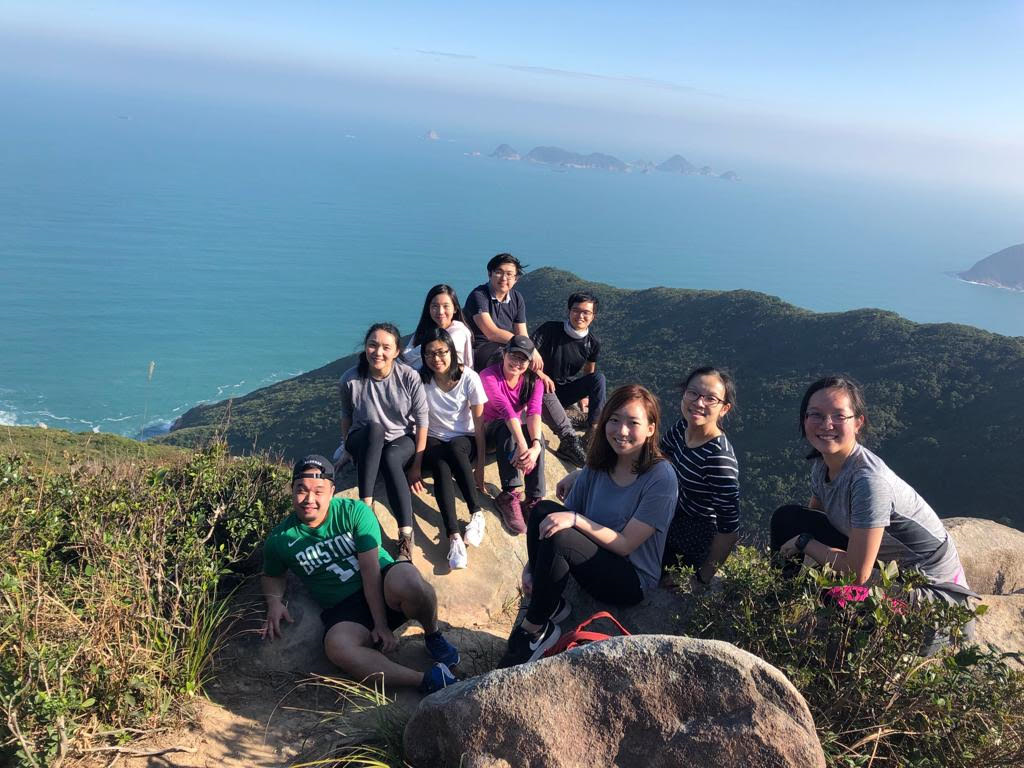 |
Dr Wong and members of her lab. |
| Dr Wong taking photo with her mentor Professor Irene Ng, Loke Yew Professor in Pathology and Chair of Pathology, at the ceremony when she received the Li Ka Shing Prize 2008-09 for the best PhD thesis. | |
 |
Dr Wong and her postdoc mentor, Nobel Laureate Professor Gregg Semenza. |
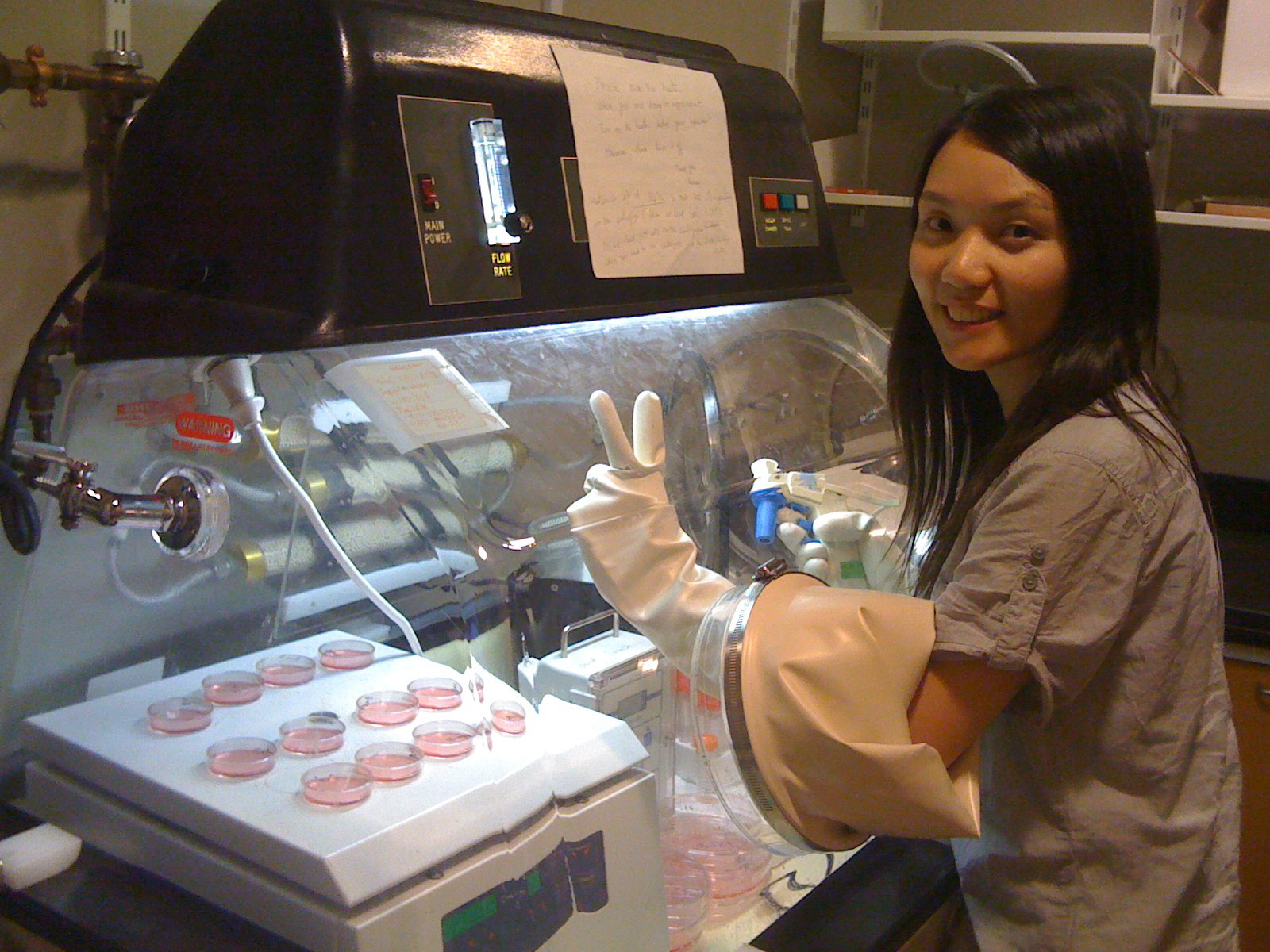 |
Dr Wong taking photo at the lab when she received the postdoctoral training at The Johns Hopkins University, USA. |
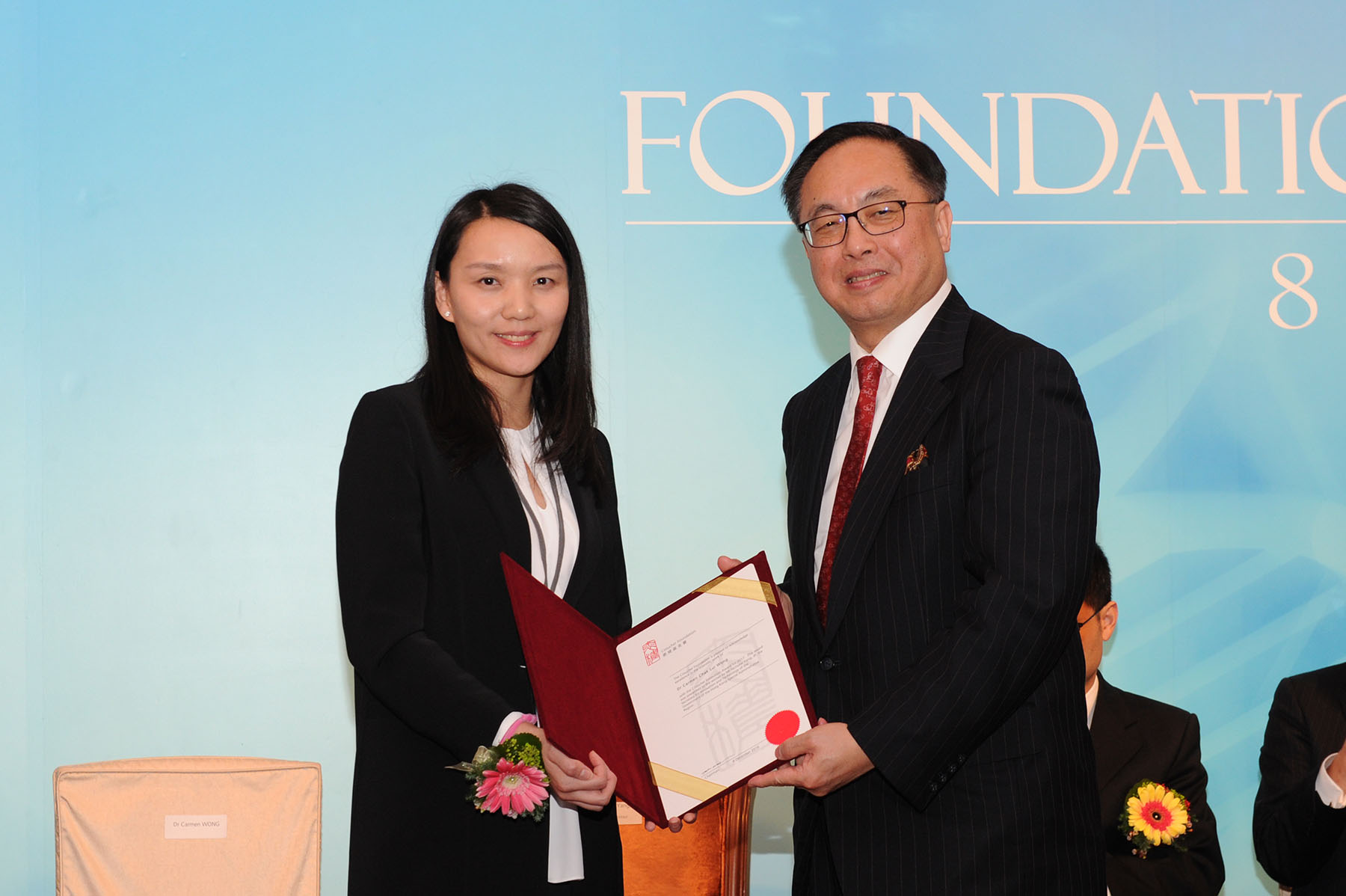 |
Dr Wong receiving the 2017 Croucher Innovation Award for her work in “Identifying the Metabolic Vulnerabilities of Liver Cancer”. |
 |
Dr Wong receiving the Li Ka Shing Prize for best MPhil thesis on behalf of her MPhil student Bao Hao Ran, Macus. |
 |
Dr Wong’s student, Cheu Wing Sum Jacinth, being awarded the Li Ka Shing Prize 2021-22 for the best PhD thesis in Science, Medicine, Engineering and Technology. |
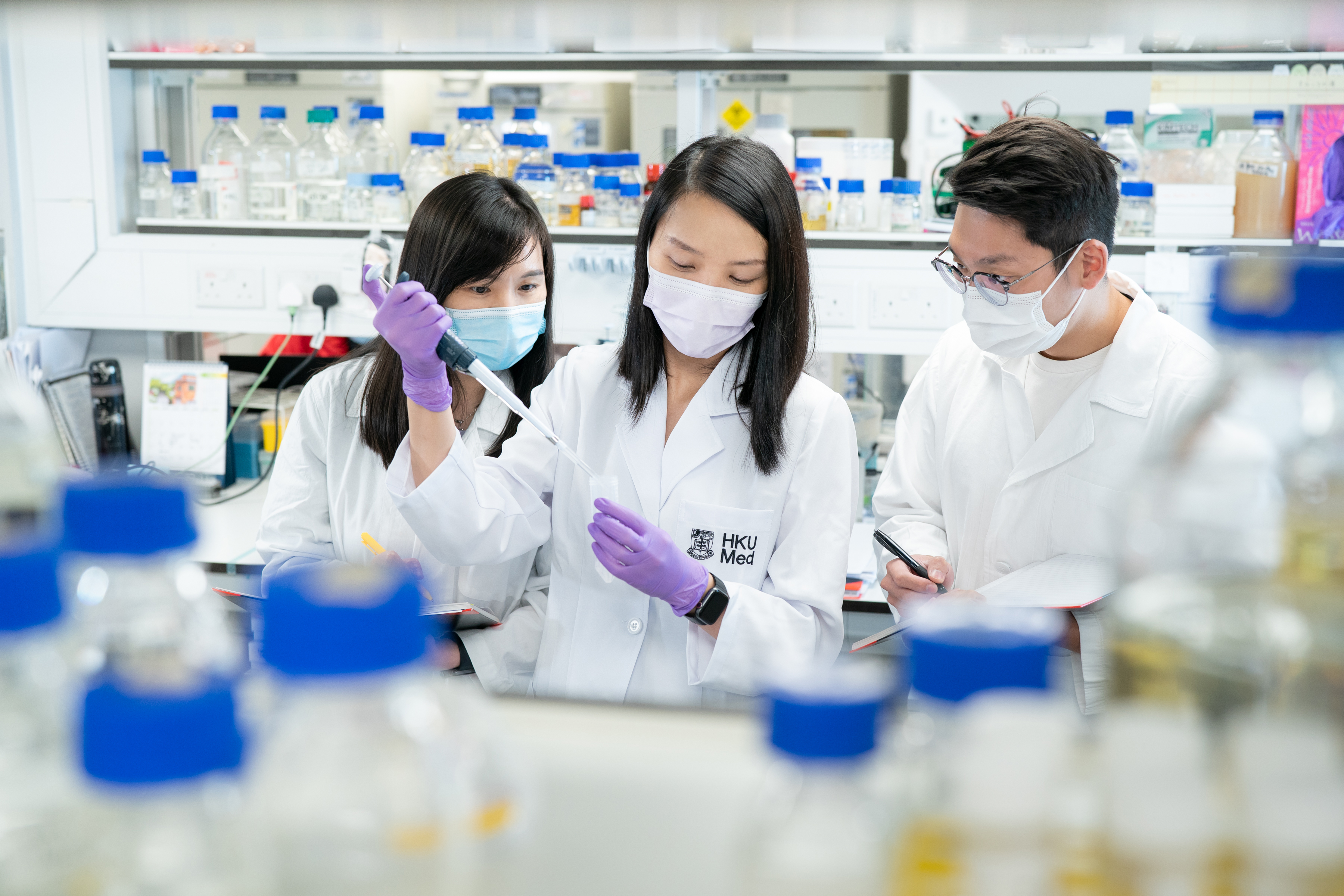 |
Dr Wong is currently the Associate Professor of the Department of Pathology leading a team of research students to make new discoveries in cancer research. |
